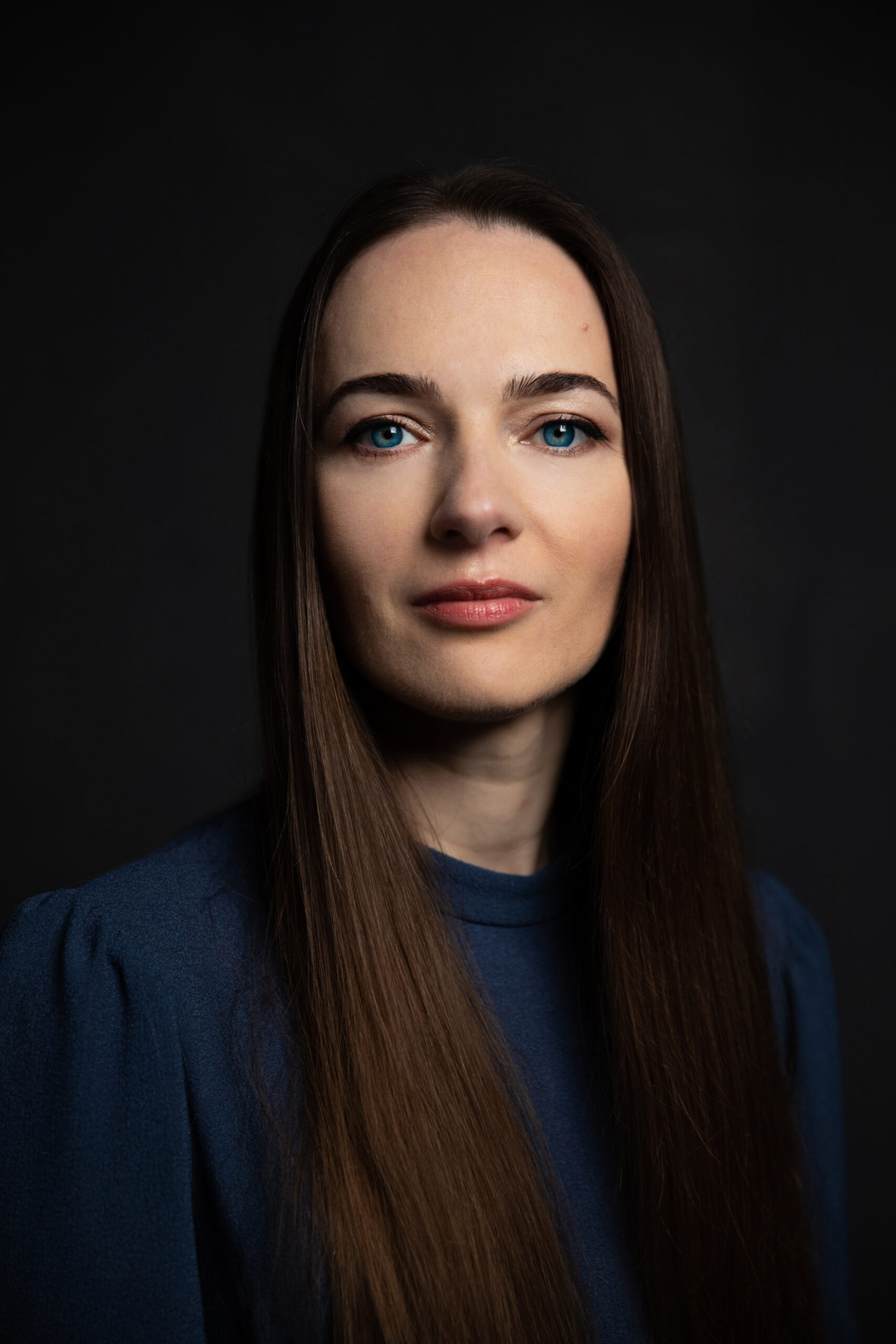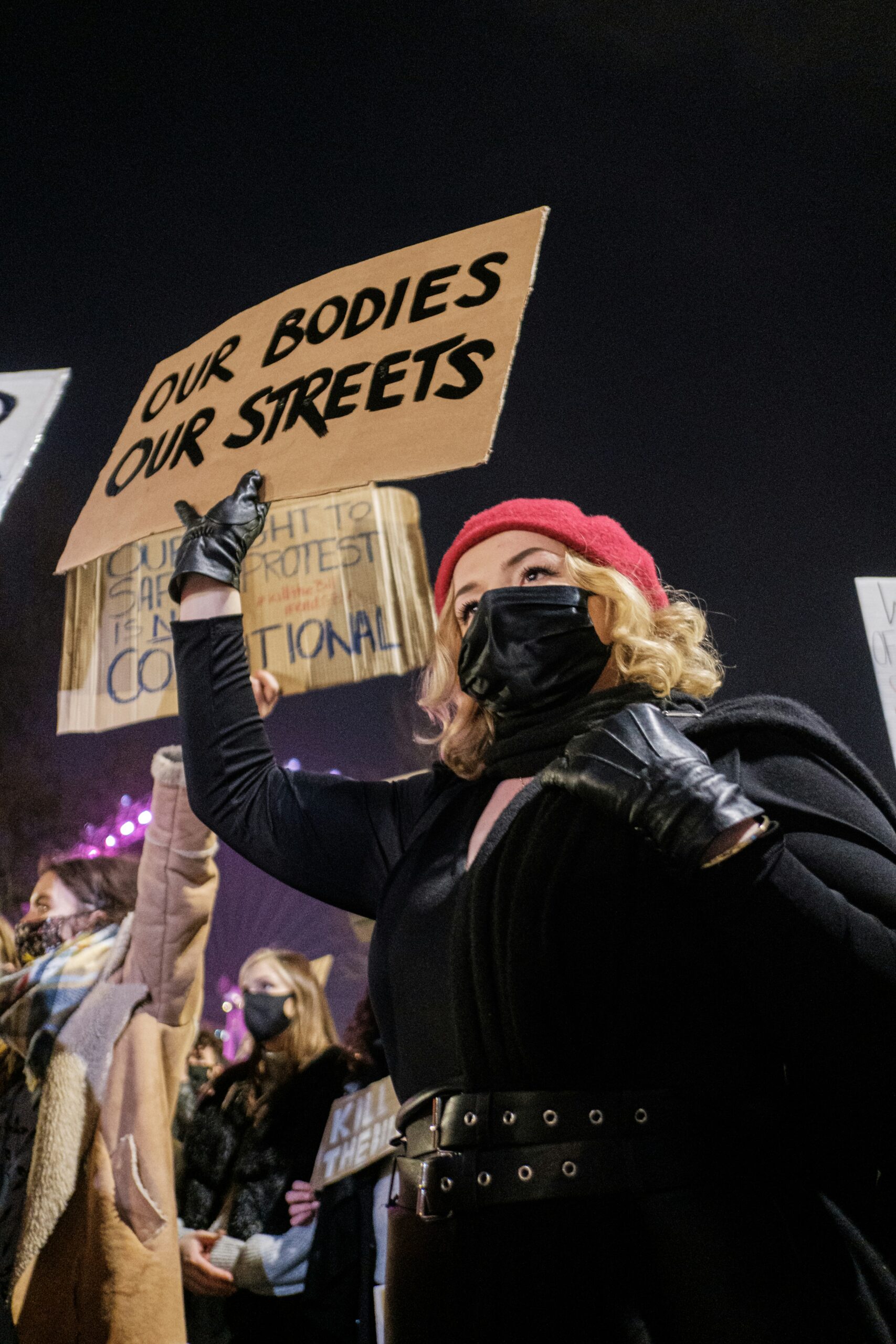Photo by Michael Schmid on Unsplash The Roma Foundation for Europe has condemned what it claims is a sharp rise in racist attacks and discrimination against Roma and Sinti in Germany, calling it a test of political will and journalistic responsibility. The Foundation’s attack follows the latest annual report by Germany’s Anti-ziganism Reporting and Information…
Law and Justice
Key Vote Looms for Rule of Law Report
European Parliament Crackdown on Child Abuse
Anders Vistisen MEP says he supports child protection but defends national legal sovereignty and harsher penalties against child abusers, including medical castration. He was speaking on Wednesday in a key plenary debate on the proposal to combat child abuse across the EU. Vistisen emphasized both his strong support for protecting vulnerable children and his firm…
MEP Demands Ban on Hungary Extraditions
Collapse of the World Order
The current international peace system is outdated and ineffective, says Oleksandra Matviichuk, a Ukrainian human rights lawyer and 2022 Nobel Peace Prize co-recipient. Speaking in London last week to highlight the urgent need for justice and accountability, she said “We are witnessing the collapse of the world order before our eyes.” She told this site, “The…
Bringing Wildlife Criminals to Justice
Photo by Matthew Kerslake on Unsplash Campaigners say the first formal appointment of a wildlife conservation organisation as a Trusted Flagger in the European Union will work to highlight online activity by wildlife criminals. Online platforms used by criminals will now be legally bound to respond and prioritise materials identified as illegal by the International…
Women in Ireland
Photo by Ehimetalor Akhere Unuabona on Unsplash The situation for women in Ireland is increasingly grim. Every day, we hear of violence against women: assault, rape, and even murder. Women are unsafe in their own homes, harassed in nightclubs, and assaulted on our streets. If a woman cannot be safe at home, she can be…
End the EU’s Patchwork of Animal Welfare Laws
Photo by Sam Carter on Unsplash A new report reveals that animal welfare issues are treated very differently by each of the EU’s 27 Member States. The authors, Eurogroup for Animals, say it shows that the EU must update and modernise the animal welfare legislation as soon as possible. This, it says, it needed to…
Human Rights Group Welcomes Gabriel Popoviciu’s Final Court Win in Romania
The Brussels-based NGO Human Rights Without Frontiers (HRWF) has welcomed a 15 January 2025 decision by the High Court of Cassation and Justice in Bucharest to uphold a July 2024 decision by the Bucharest Court of Appeal to fully exonerate Gabriel Popoviciu. Romania’s High Court of Justice and Cassation hearing was the final step in…
Building a Rights Based Society
Photo by Angsagan Kenzhebek on Unsplash The pursuit of human rights and democracy is a continuous journey – one that requires commitment, courage and tangible action in today’s unpredictable world. Despite all the challenges, for the past several years, Kazakhstan has demonstrated its strong commitment to human rights, democracy and the rule of law, writes…










